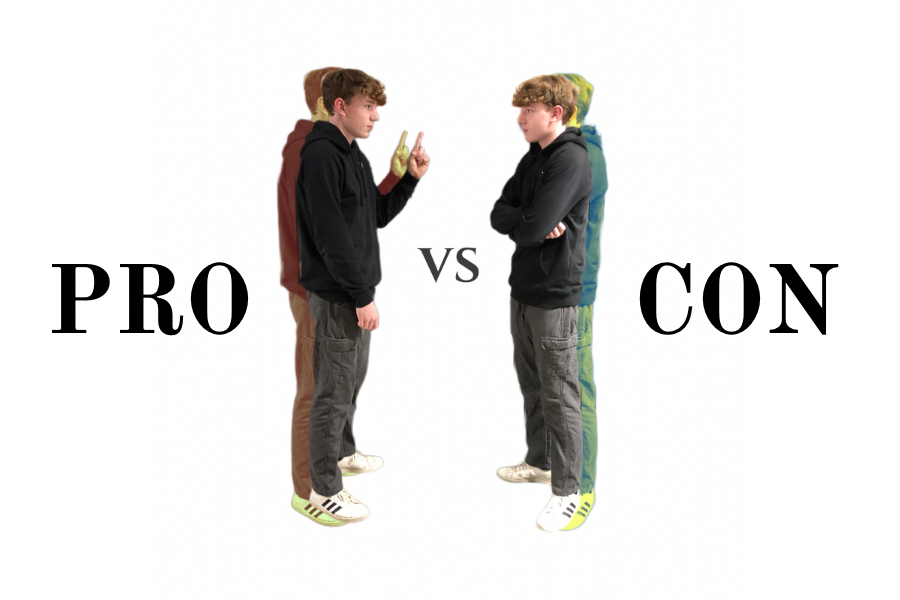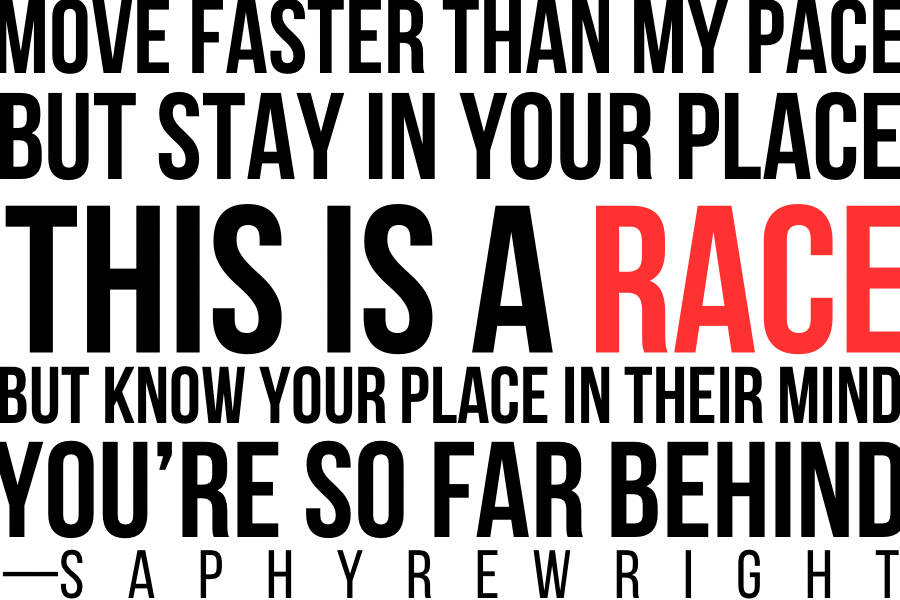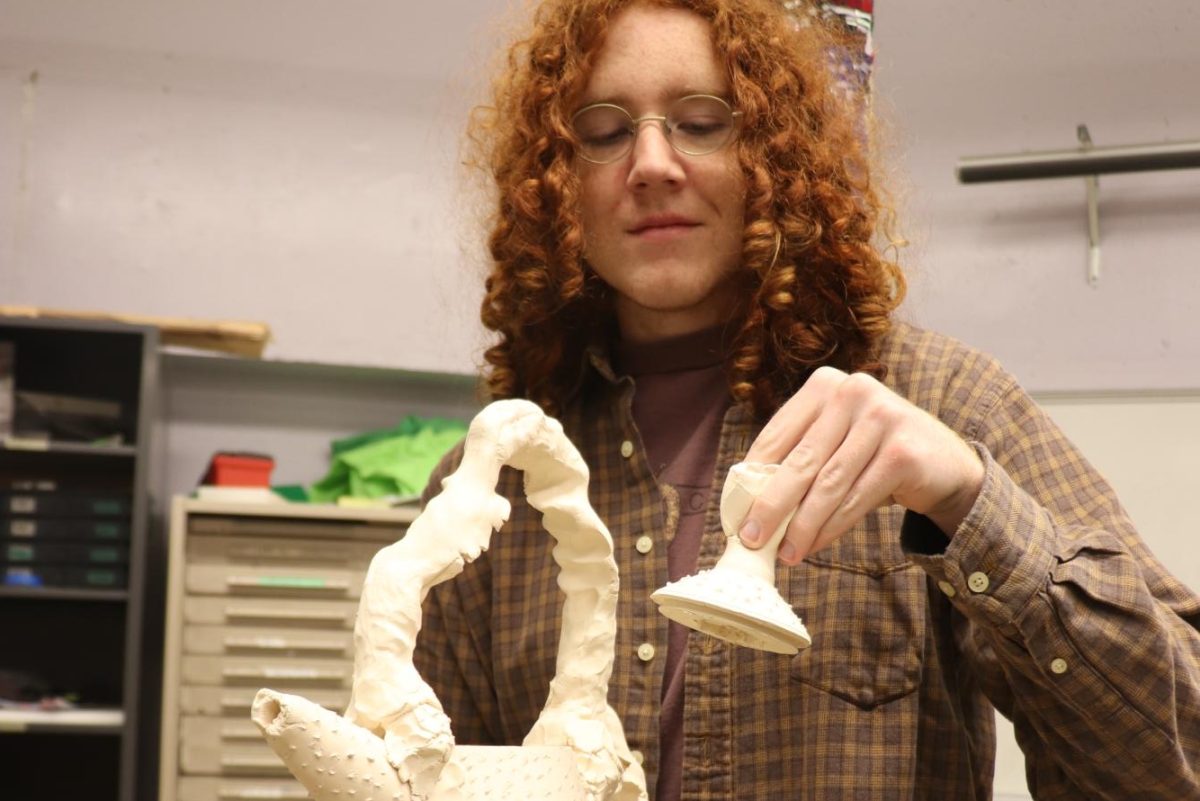May 8, 2019
In America, the average person has very little influence on politics. They don’t have millions of dollars to give to campaigns, they don’t have an audience of hundreds of thousands to deliver their message to, and they aren’t on national television as a political pundit. But they do have one power. One way to meaningfully express their political beliefs. That is with their vote. Because our vote is one of the few things we can do to effect any change, it’s necessary that we only vote for candidates that we believe can create positive change in both the primary elections, the elections between members of the same party, and the general election, the election between the parties.
In Democratic circles the common idea is that the main goal of 2020 is to beat Trump and no matter who the primary makes the Democratic candidate is it’s key to vote for them no matter what to get Trump out of office. This idea is usually supported by many of the most common criticisms of Trump: that his immigration policy is awful and that his stances on social movements have been bad for marginalized groups, including women and African Americans, all of which is true. Their position is then that even if a very moderate Democrat won’t create massive change in economic or environmental policy, that they would be better for the rights of those groups and thus should be voted in regardless of their flaws.
However this idea both justifies the worst parts of candidates’ ideas and also robs the vote of the power it is supposed to hold. Many of the Democratic candidates, in my opinion, are not far left enough on many important issues, which makes voting for them not possible for me.
Saying that voting for any Democratic candidate because they must be better than Trump fails to see just how awful a Democrat in power can be if they don’t do anything to create substantial change. The groups that a Democrat in the White House are supposed to protect aren’t protected if that president refuses to protect them. How will the lives of immigrants improve if a new Democratic president goes back to Obama’s policy of deporting massive amounts of immigrants? How will the lives of African Americans be improved if the new president refuses to take on the discriminatory nature of criminal justice and keeps the cycle of incarceration going? How are women going to be helped by this new president if the court system, which is able to unilaterally strip them of their rights, isn’t substantially reformed?
Only a more radical candidate will be able to tackle these problems in an effective way that will create actual change instead of perpetuating the status quo. Only by electing a more radical candidate who will attack the structures that have created inequality and reform the country to protect marginalized people by protecting their rights in the courts, as well as passing legislation like state-run healthcare, will these groups be protected. They will not be protected by the moral platitudes followed up by no substantial policy that has been a hallmark of establishment Democrats for years now.
Beyond these particular groups that would be helped far more by a further left candidate, there’s another issue to attend to–namely, that the only way to prevent catastrophe to Earth is to not compromise on political candidates in the general election. Climate change is one of the greatest threats to Earth today, and it is estimated that if serious reform does not occur in the next 12 years it might be too late to fix. Only more radical members of the Democratic party have come out in support of this immediate action.
Whether you agree with all of the policy ideas I outlined above or believe the exact opposite, there’s one question that you should think about when deciding whether or not you want to vote for a candidate. “Is this person someone I think is good enough to be president and is someone that will create significant positive change to the country?” Don’t think about who they’re up against or who is the lesser of two evils. Just think whether or not, in a vacuum, that candidate is one that you want to support. If your answer after judging them on their own merits is that they would be good for the country, then go ahead and support them. But if you doubt whether or not the policies they support would be good for the country don’t just vote for them because they’re the opposite party of someone you disagree with. Make them earn your vote. Make them come out in support of issues that matter to you and people who share your ideals. Otherwise, any party can ignore the issues that you care about . Only by holding back your vote until it’s earned will your voice be heard, because that’s the only situation in which they’ll have to change their policy to get more support. If this idea of not settling for candidates still seems ridiculous, think about it like this. Imagine a politician, whether in the White House currently or not, that you think would be just about the worst possible person to be President of the United States. Now think of another candidate who is only ever so slightly better than them. You still disagree with them on everything but think they just aren’t quite as bad as the worst possible choice. Would you support someone you agree with on nothing and you think would be terrible for the country just because they would be slightly less completely terrible? Would you vote for someone you think is morally reprehensible and unforgivable just because they happen to be the nominee of the party you generally support?
So if a candidate meets this litmus test and you support them and the values they represent, go ahead and vote for them. But if neither party represents your beliefs and you think both candidates are morally reprehensible don’t support either of them. The answer to this is not to stay home and not vote. Your vote is your only way to directly engage the political process so giving it up is too detrimental. Instead vote, but when voting for president don’t vote for one of the major parties if neither represent you. That way, instead of giving up on the political process you’re engaging it in a rebellious way that might create change in a party you want to represent you, instead of voting for the same types of politicians with the same empty words that don’t end in any policy.
Writing in a candidate doesn’t win them the election, but it’s the only way refute to the false dichotomy of voting for the Republican candidate or voting for the Democratic candidate and instead vote for someone you think would be good for the country.















































